We were four round the little table in the nunnery kitchen: a 90-year-old German lady and her man; a nun called Sister Mary of the Angels; and me. We had just come in from the early morning mass. The German lady’s man was a Spaniard of about 35. It was impossible to tell but interesting to speculate on the nature of their relationship. Was he an unusually devoted carer? A manservant? A lover? The German lady was cross-examining me. She was deeply sceptical about a Protestant presence in the nunnery, about my being alone, about my claim to have advanced cancer, and she wanted answers.
She had a powerful, commanding personality but she was also quite deaf, slow to comprehend and easily confused. On account of these defects the cross-examination drew in the other two. She questioned me in English, then the nun and her man in Spanish. The nun asked supplementary questions in French. My clarifications were in French and English. The young Spaniard was monoglot and occupied himself with spreading marmalade on the German lady’s packet toasts and serving her with coffee.
The first conversation I’d had with this elderly German lady was at the nunnery door before I’d even set foot inside for my three-day retreat. I’d rung the doorbell and was standing with my supermarket bag for life. The 17th-century nunnery is built into the side of a mountain on the scale of a regionally important fortress. I guessed that even if a nun had set off as soon as she heard the bell, it might be a good five or ten minutes before she arrived. It was during this waiting period that the old lady came hobbling up, her young man silently following, and asked my nationality. After expressing surprise that I was English, she embarked on an interminable biographical monologue about growing up under the Nazis.
Her younger brother was simple-minded. They took him to their doctor, who was a Nazi. He diagnosed a faulty gene owing to miscegenation. Her father was Aryan, her mother Latino. The doctor wanted to put the lad into a home. But she well knew that that would be the end of her brother with what’s-his-name in power. ‘Hitler?’ I ventured. (It was the one word I got in edgeways.) She decided to make it her life’s work to iron out her brother’s mental wrinkles and to patiently educate him from first principles at home. Which she did. And with incredible success.
I was greatly relieved when a nun answered the door. After listening patiently to the continuing monologue for a few minutes, she adroitly derailed the German lady’s runaway verbal train by the simple expedient of handing her a picture postcard. Agog with admiration, I picked up my bag and followed her inside the Babylonian walls. On the echoing stair she introduced herself as Sister Mary of the Angels. Discovering that I was English, she confided that she was presently reading the Chronicles of Narnia – yes, in the original English. At the moment she was enjoying The Horse and His Boy.
She led me up stone staircases to a dark corridor at the end of which was my cell. For it was indeed, in spite of the wardrobe and sink, an undecorated, spartan affair, which was exactly what I’d hoped for. I made up the low single bed and lay on it, took some drugs, listened to the cavernous echoes – a shutting door, a tinkling bell, a stream of urine, a flushing cistern, shuffling feet, beautiful faraway singing – then fell deeply asleep.
Later I attended Vespers in a stupor; sitting, standing and kneeling to the nuns’ sublime singing, understanding nothing, transported, swaying unsteadily on my feet like Chekhov’s dying bishop. The German lady and her man were there and clearly in their element, their medical face masks hanging slackly off their faces. After Vespers came an hour’s silent adoration. The nuns disposed themselves comfortably and variously in their stalls and in their stillness were like a composition in a religious painting.
And now here they were again at the breakfast table – this very old German lady and her young man. My answers to her searching questions had evidently been satisfactory because she said: ‘You must visit us if you are ever in Madrid.’ She stirred four lumps of sugar into her coffee and observed me cannily with her rheumy old eyes. ‘In case you were wondering, we have never made love, Paco and I. Never. It’s not that kind of a relationship. Please come. Have you a pen? Let me give you my address and email.’
I didn’t have a pen. The nun produced one from the depths of her habit. A scrap of paper was eventually found. The dictation and transcribing of a simple address took five minutes’ concentrated effort of all three of them. Grasping my invitation I wished them all good morning, climbed the ancient stone staircase to my cell and fell deeply asleep again.
Got something to add? Join the discussion and comment below.
Get 10 issues for just $10
Subscribe to The Spectator Australia today for the next 10 magazine issues, plus full online access, for just $10.
You might disagree with half of it, but you’ll enjoy reading all of it. Try your first month for free, then just $2 a week for the remainder of your first year.


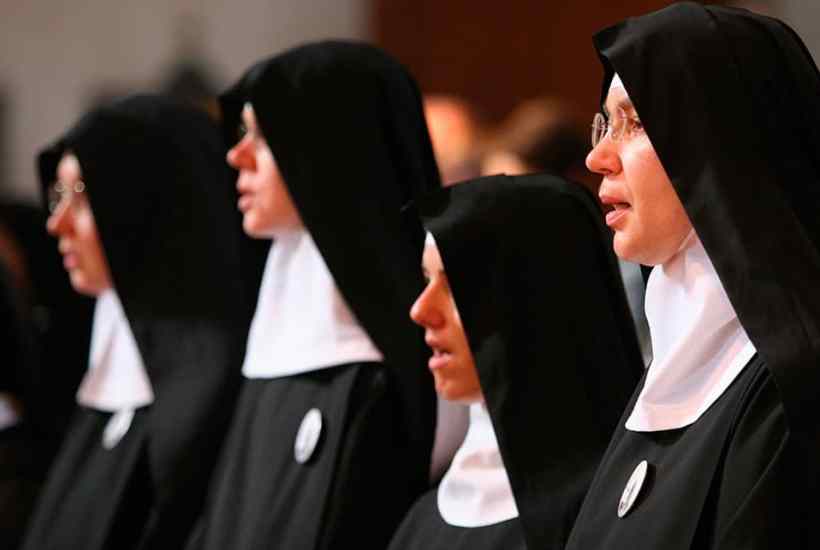
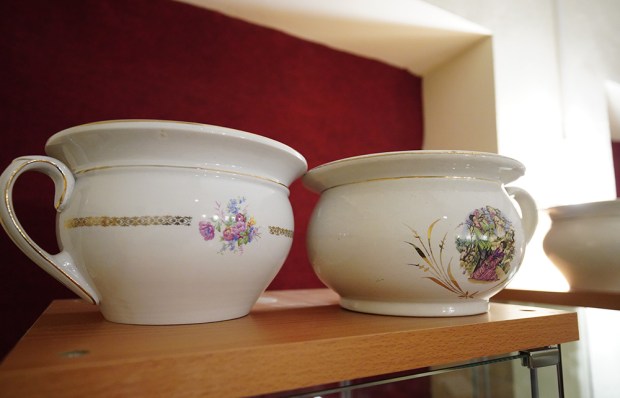
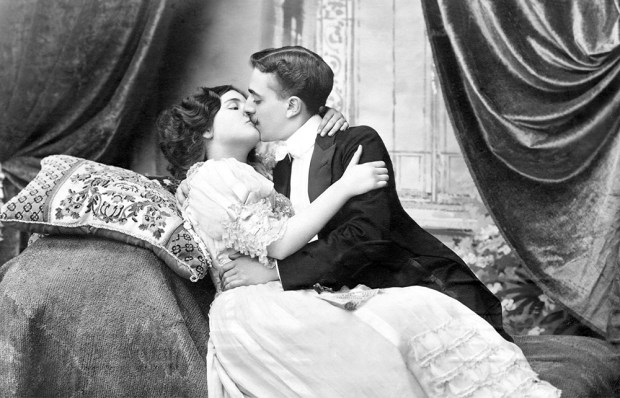
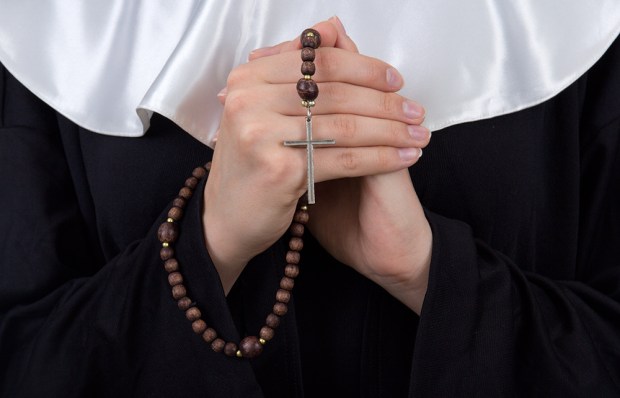

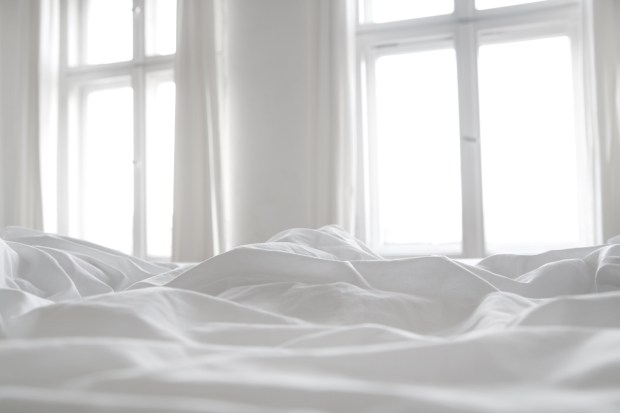
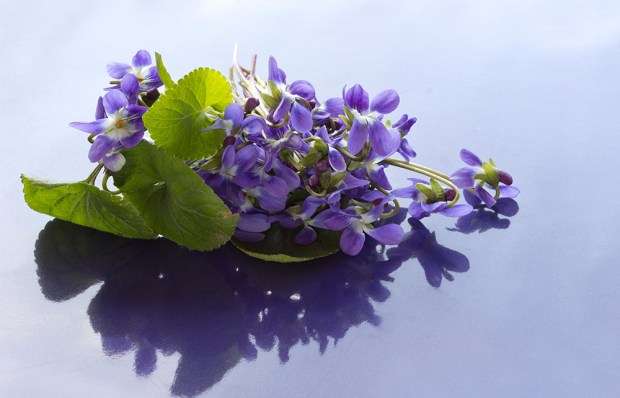






Comments
Don't miss out
Join the conversation with other Spectator Australia readers. Subscribe to leave a comment.
SUBSCRIBEAlready a subscriber? Log in